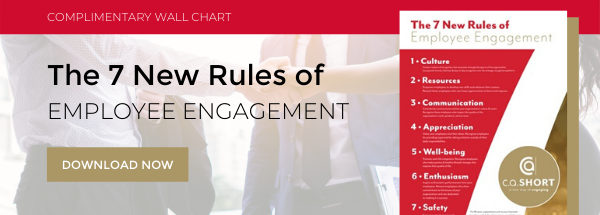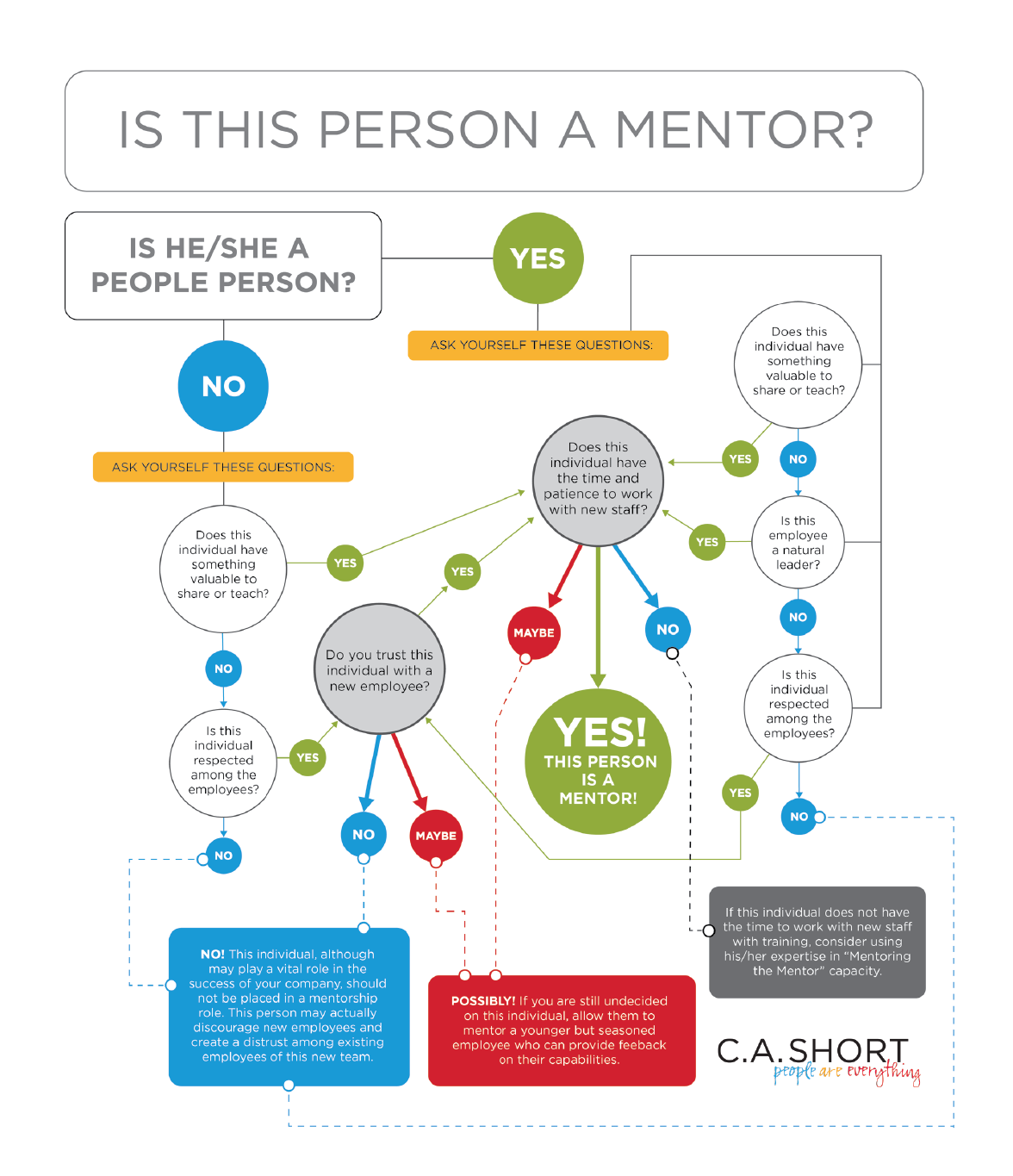
When it comes to millennials in the workplace, many employers are at a loss for how to retain their talents. More than any other segment of workers, millennials are more likely to walk away from an occupation. But, this doesn’t have to be the case. A recent survey by Gallup illustrates the positive impact a company can have on retaining millennials when they help promote well-being and work-life balance in the workplace.
About The Survey
For their survey, Gallup interviewed around 35,000 working millennials. Work-life balance data comes from a random sampling of millennials across 50 states and DC. The reported margin of sampling error is less than ½ a percent.
When defining well-being, the study looks at five key elements – purpose, social, financial, community, and physical. Respondents were ranked in each element as either thriving, struggling or suffering, based on their responses to related questions.
The Results
The results were quite shocking. Although nearly 60% of respondents said that work-life balance and well-being are “very important” to them, only 5% report to be thriving across all five elements. Even worse, less than 40% of millennials report that they are thriving in even one element. When it comes to discussing life outside of work with their manager, less than 30% of millennials are comfortable doing so.
Luckily, it’s not all bad news. Of those surveyed who are comfortable discussing non-work related issues with employers, 60% are actively engaged at work and 62% plan on being with the company for at least another year. This means that creating a Culture of Engagement improves the odds of retaining millennial workers by greater than 50%.
What Can You Do
Wondering what you can do to help ensure you retain your millennial workforce? The following tips come courtesy of Gallup contributors Brandon Rigoni and Bailey Nelson:
- Managers should be open to conversations with millennials about life outside of work.
- Individual employee development plans should include goals for each element of well-being.
- Companies should consistently provide well-being opportunities and activities for each element of well-being, such as periodic financial classes, access to a fitness center and volunteer programs within the community.
- In their recruiting and retention strategies, companies should emphasize work-life balance and how they promote a culture of well-being.
- Higher well-being is not the outcome of a one-time initiative but of a culture that encourages careers that matter and lives that are well-lived.
The above tips are a great start, but in order to retain millennial employees, you must create a meaningful Culture of Engagement. For more information on how to achieve this, you can download our complimentary “7 New Rules of Employee Engagement” Wall Chart below.
C.A. Short Company partners with companies to manage, drive and facilitate increased employee engagement to increase financial performance, productivity, quality, and core performance outcomes. Our process and research-based platform enables executives and managers to engage their teams to increase the bottom line, motivate staff, and incentivize positive behavior. To request a Complimentary Consultation, please click here.










SHARE